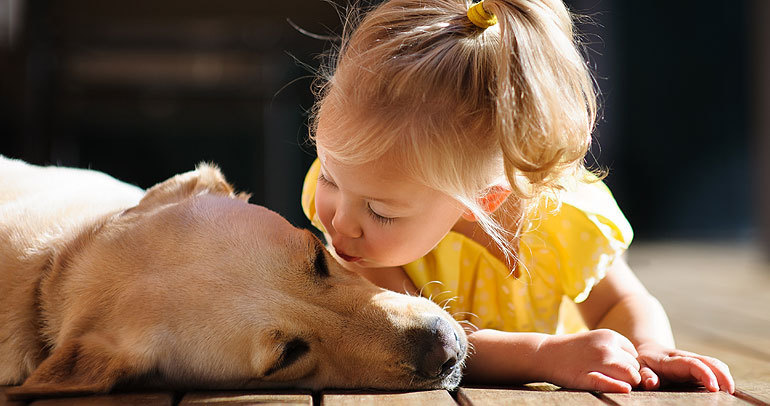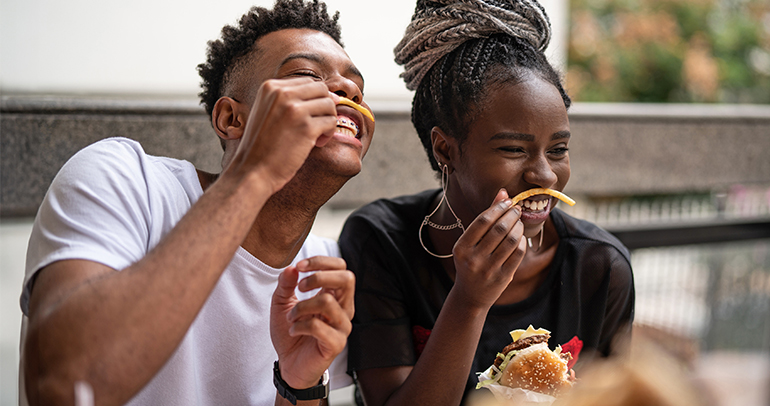
Is anyone else getting some serious feels from the latest Airbnb campaign? Maybe it’s because I’ve been an ocean apart from family and friends for over a year now. Or maybe I’m a sucker for babies and puppies. Whatever it is, I’m not alone.
‘Made Possible by Hosts’ is Airbnb’s first global branding campaign in five years. It is a pure emotional branding exercise. There’s no call to action, no limited offer, nothing to do but feel the love. True, there is a secondary audience in mind, potential hosts that can help meet increased demand for extended stays. The pandemic has proven that many of us can work from anywhere, and Airbnb believes the demand for long-term stays will continue. But they didn’t go about hunting for hosts in the usual way. Instead, they included this target within a significant brand-building effort, rooted in deeply emotional brand benefits.
A strategic shift from performance and affiliate marketing to increased spending on wide-reach channels made the global campaign possible. Airbnb’s new campaign is a treasure trove of warm-and-fuzzy ads. Each one tells an intimate story of human connection. There’s one for the heartstrings of nearly every consumer segment. And the company has tied its purse strings to those heartstrings. Airbnb is running global big-ticket media buys on networks, content-on-demand platforms, and YouTube.
What they are not doing is allocating much marketing spend to performance marketing.
Betting on Brand Love over Pay-Per-Click
Just when their competitors were cutting traditional ad spending, Airbnb went all in. In February, the first week of the campaign, they spent nearly nine million on U.S. TV spots alone. There’s no way to tell the total planned ad spend, but one estimate is $720 million. That’s way more than any of their competitors. Why? One reason is that Airbnb took to heart some accidental learning from the pandemic. As with many companies in the beleaguered travel and tourism sector, 2020 was not kind. Airbnb put an extended hold on search engine marketing at the start of the pandemic. Why pay for search hits when no one is leaving the couch?
During that time, Airbnb discovered that slashing their spending on pay-per-click advertising during COVID had little impact on traffic. Airbnb’s CEO, Eric Chesney, recently confirmed that this trend continues in 2021, with about 95% of traffic coming from organic or direct search. This finding is driving the company’s marketing strategy: increase spending on emotional branding and PR while decreasing the spend on performance marketing. They’ve even eliminated their affiliate marketing program, where bloggers and content creators were paid commissions on bookings since the program was not yielding the expected results.
It is possible that the brand has reached a point in its life where reaffirming the deeply human brand benefits of connection and memory-making will pay out more than digital ad retargeting. Or…it could this be a fleeting, tail-end of the pandemic phenomenon? With millions of people hungry to reconnect, maybe Airbnb correctly read the room, and when the world returns to whatever normal is, they’ll rejigger their strategy to meet the next moment. Perhaps. But right now, it’s all about brand love.
Banking on Brand Love to Build Brand Loyalty

As a former brand strategist and believer in the power of brand stories, I’m always tempted to fall in love with Love brands. And when you look at their competitive positioning, Airbnb clearly owns Love, right down to the upside-down heart logo.
They have skillfully courted brand-loving and brand-loyal customers (and hosts) to help fulfill their mission. They tell customer stories and educate their hosts to deliver hospitality with heart. This latest campaign is entirely consistent with their brand positioning. However, love isn’t everything (though songwriters and poets might disagree).
Some of Airbnb’s competitors have carved out distinctive brand positionings of their own. Expedia is an adventurer brand. A fellow explorer, inviting you to take a trip. Their tagline: Imagine the places we’ll go. Together. While Priceline is laser-focused on, you guessed it, value. “Every trip is a big deal.”
But the space is crowded with brands that hold no distinct brand positioning real estate at all. There’s Orbitz and Travelocity, both of Expedia Group. There’s Booking.com, Vrbo, and Homestay. But do any distinct, much less emotional brand associations come to mind? Not really. In this respect, Airbnb’s brand positioning wins my heart.
As part of the Escalent family, we believe that managing your brand over time to continuously inspire engagement, brand loyalty, and love is how you build sustainable success. Learn more about our brand positioning and brand authenticity solutions.
Sources: Marketing Week, Skift, GeekWire








